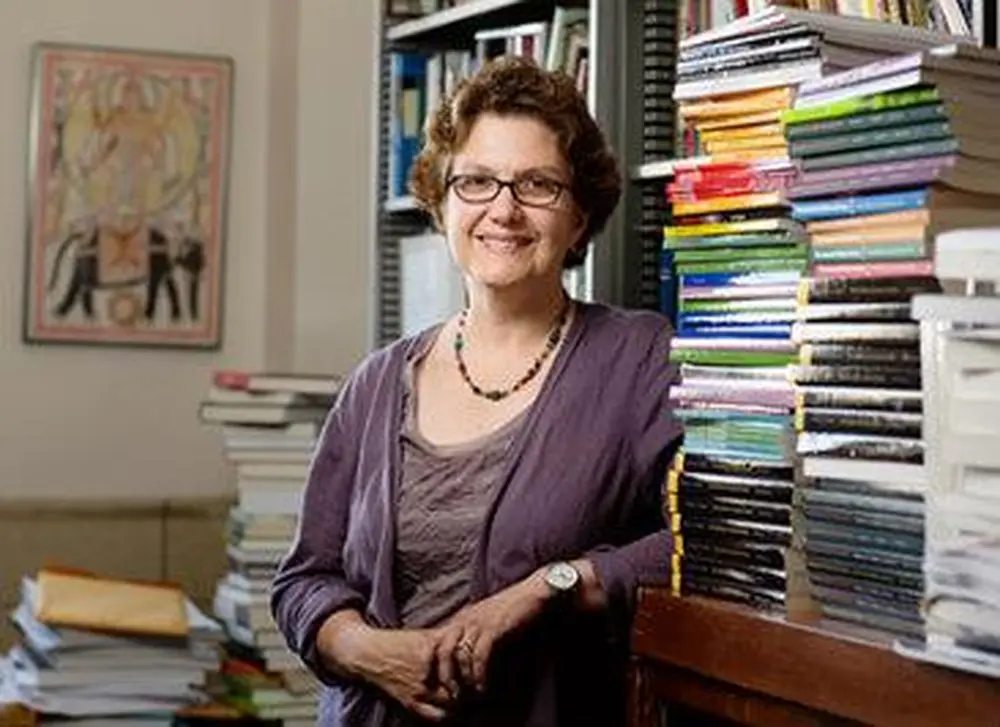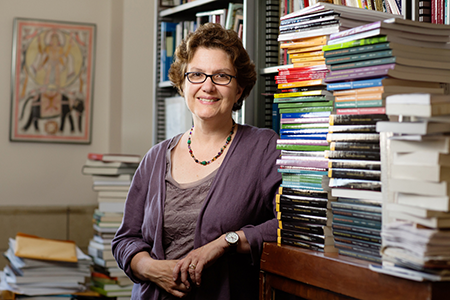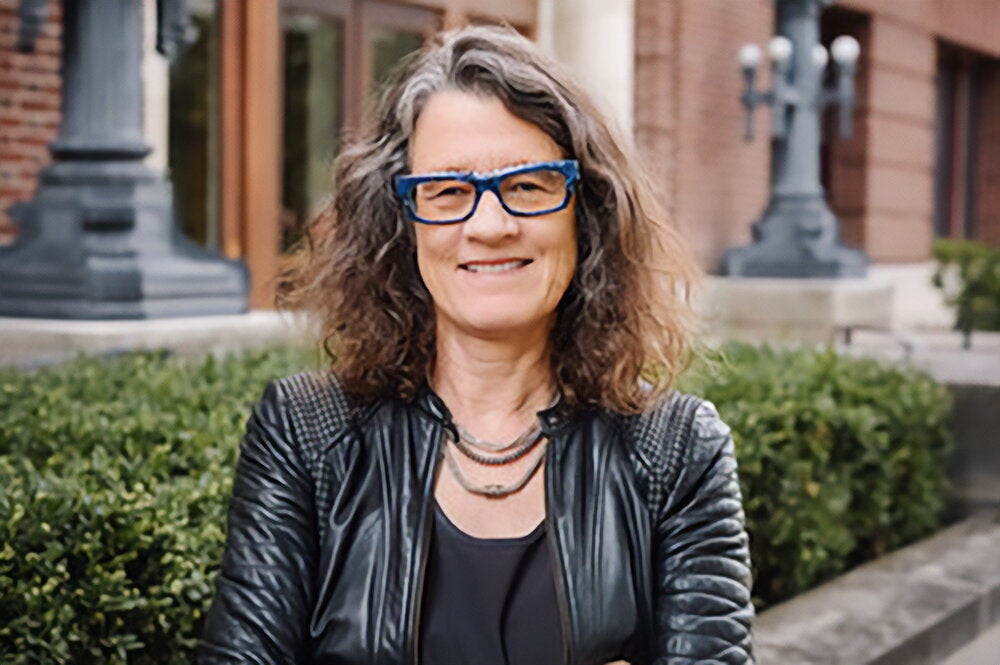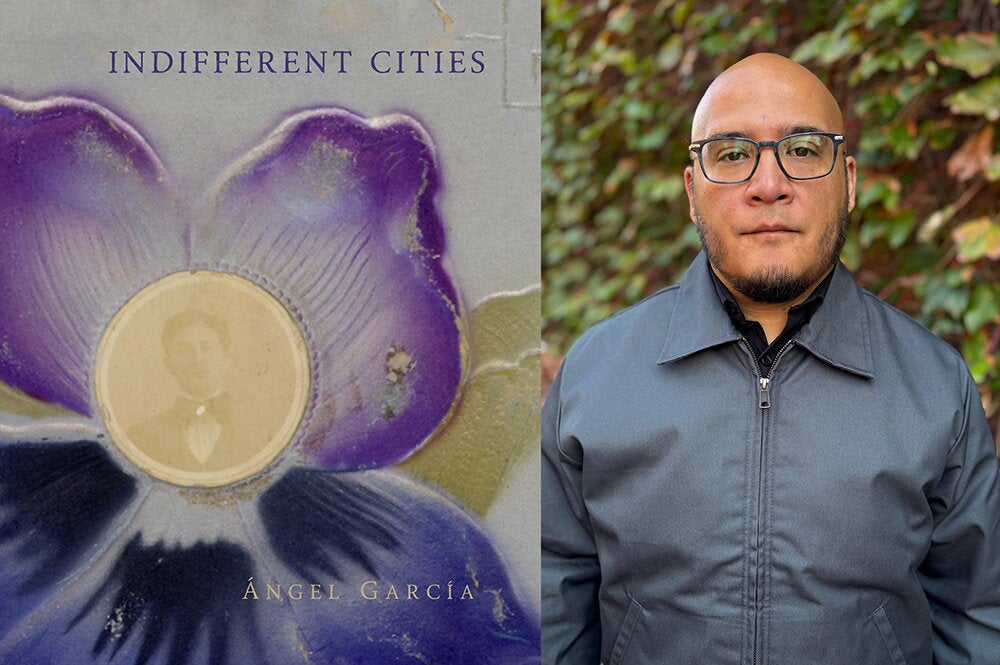

The Illinois Program for Research in the Humanities has been awarded a $4.2 million grant renewal from the Andrew W. Mellon Foundation to foster collaborative research and advance other programs through its Humanities Without Walls initiative.
Humanities Without Walls is a 15-member consortium of universities that aims to foster collaborative research, teaching, and scholarship in the humanities, in ways that cannot be created or maintained without cross-institutional cooperation. The initiative is based at IPRH at the University of Illinois, and it began two years ago with a $3 million grant from the Mellon Foundation.
“To have the confidence of one of the largest grantmakers for humanities in the nation is an honor and a privilege,” said Antoinette Burton, interim director of the Illinois Program for Research in the Humanities. “The fact that this grant will be dedicated to humanist scholarship in the Midwest consortium, with Illinois in the lead, is a remarkable distinction for both the region and our campus.”
The three-year grant renewal will support a new research initiative, “The Work of Humanities in a Changing Climate.” The initiative calls for collaborative research in the field of environmental humanities on climate change, and it seeks to develop new humanities-centered models for thinking about the limits and possibilities of climate change policy.
The initiative also will encompass a broader definition of “climate” that may include economic, racial or religious climate, or the climate of public higher education, Burton said.
The grant also will support the continuation of summer workshops for pre-doctoral humanities students that began in the summer of 2015. The three-week workshops are a partnership with the Chicago Humanities Festival. Students from the consortium’s member institutions learn how professional training in the humanities translates to skills valuable to workplaces outside of a university setting. They meet with business entrepreneurs as well as leaders of major museums, libraries, foundations and government entities.
The first research initiative of Humanities Without Walls was “The Global Midwest,” which looked at ways in which the Midwest is a major force in shaping global economies and cultures. One of the first completed projects from “The Global Midwest” is a film, “Hmong Memory at the Crossroads,” that tells the story of three generations of Hmong refugees in Michigan and France. The second round of funding for project proposals was just completed.
“The majority of partner institutions are public universities, which are facing a number of fiscal challenges,” Burton said. “In a climate where money for humanists is not readily available, particularly for collaborative work, Mellon’s generous gift has allowed eager humanists to compete in a rigorous arena for funds to support the very best ideas.”
Interim Chancellor Barbara Wilson said the Humanities Without Walls initiative has created new avenues of collaboration between scholars at the member institutions.
“This grant renewal is evidence of the value of these new opportunities for intellectual inquiry and debate, and we’re extremely proud that Illinois is leading innovative research practices in the humanities,” Wilson said.
In addition to the University of Illinois, the Humanities Without Walls consortium includes 12 other institutions that belong to the Committee on Institutional Cooperation—Indiana University, Michigan State University, Northwestern University, Ohio State University, Penn State University, Purdue University, and the universities of Chicago, Iowa, Michigan, Minnesota, Nebraska and Wisconsin-Madison—plus the University of Illinois at Chicago and the University of Notre Dame.


